Daily life in Ancient Hawaii was a struggle to keep the positive side of the force in control and to keep the dark side of the force from gaining power. To be clear, mana is generally considered positive and a lack of mana is negative. In order to keep things on the positive side - the Hawaiians developed a complex religious and political system that structured their daily interactions with one another. All of this was designed to preserve the mana of the land and rulers on the positive side.
Kapu, is the Hawaiian pronunciation of the Tahitian word Taboo. It’s not just a table game. Taboo (and Kapu) mean forbidden. Daily life in ancient Hawaii was structured around a strict set of rules, the violation of which often led to death. The world of Hawaiians was very black and white with a great many things forbidden and everything else free or ‘noa’. Some examples are the relations of men and women, the relationship between chiefs (ali'i in the Hawaiian Language) and commoners and even the colors of royalty.
Visitors often chuckle at the list of kapu - things like women not being allowed to cook or eat ahi but the Hawaiians had reasons for these rules - it was the glue that held their society together. Today, the word ‘kapu’ is still fairly common in Hawaii - although the meaning today is not quite the same (nor is it fatal if you violate) - in today’s usage it generally means ‘keep out’ or ‘private property’. Still, even though it is unlikely that anyone will be killed for violating a kapu today - it's best to pay attention and show respect to it when you see one.
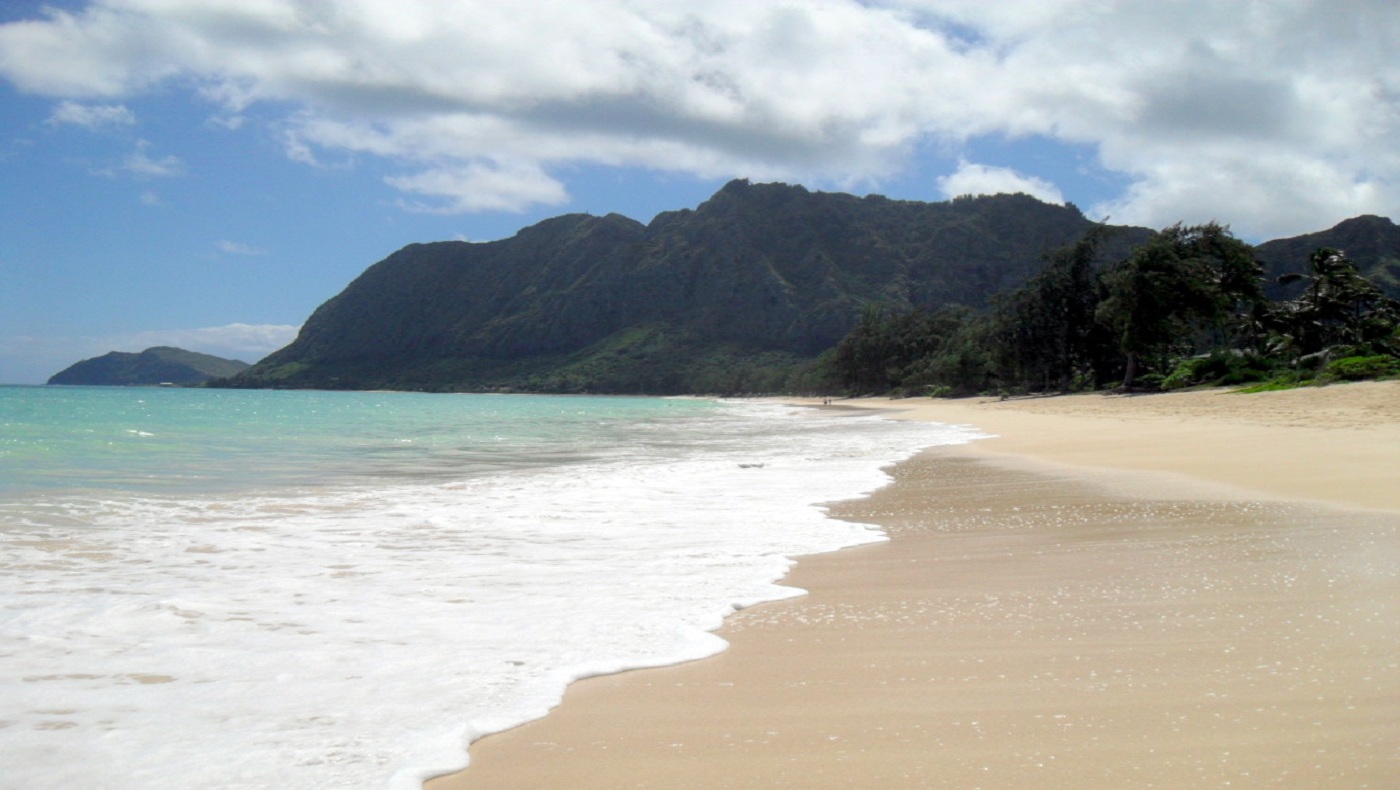




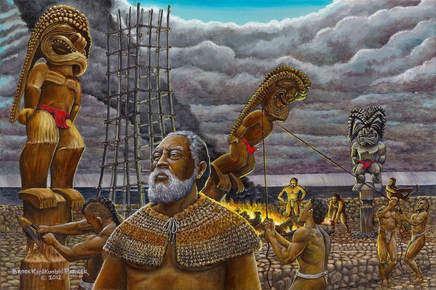
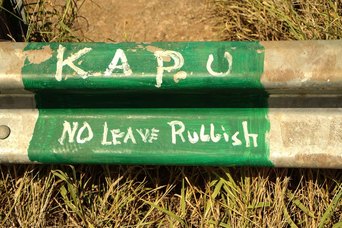
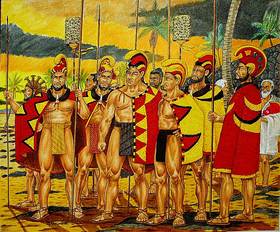
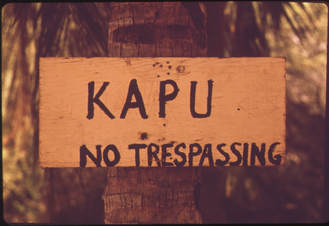
 RSS Feed
RSS Feed